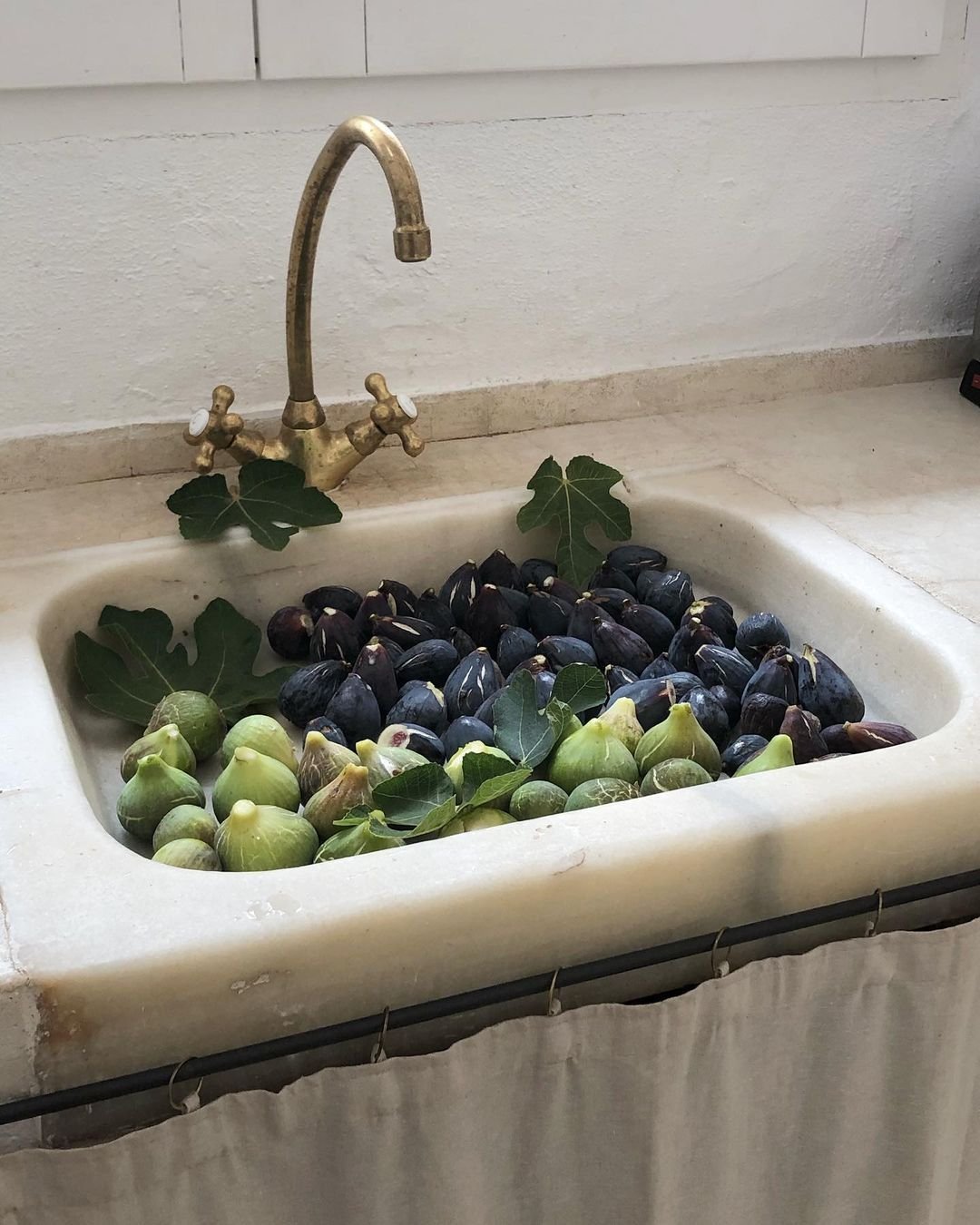How to Live Longer
According to renowned longevity experts, there are science-backed habits you should adopt if you want to slow down, or even reverse, aging.
When I tell people my age, they almost always react with shock and awe. It's because I look the same way I did 20 years ago. And I feel quite youthful too. I don't get sick or suffer from any lifestyle diseases and disorders that plague most of the population.
This response to my apparent ability to defy aging led to an interest in longevity. I wanted to understand if I just had good genes or if I was inadvertently doing or not doing something to stay young.
From my research, it is clear that we will likely have a solution to the aging dilemma sooner than we think. However, we don't have to wait until a magic pill comes along to unlock the fountain of youth.
Prominent scientists seem aligned on the essential habits that dramatically slow aging if adopted. Anecdotally, many of these research-backed recommendations I've practiced for decades, not knowing they would keep me looking and feeling young. The list is surprisingly short and simple.
In the spirit of transparency, I have experienced chronic back pain from a sports injury. By doubling down on the tips and routines I share below, I’ve been able to speed up the healing process and avoid invasive treatments, including surgery.
For some, discussions about health topics, such as diet, can be triggering, especially if they conflict with prevailing habits, customs, or traditions. Please discontinue reading if you become uncomfortable with any of the following information.
Overview
Eat less but better
Intermittent fasting (IF) combined with a plant-based diet seems to be the gold standard when it comes to longevity. I have fasted for decades. I eat only one meal a day. I skip one day of eating each week to do a prolonged 24-hour fast. Every month I do a 72-hour prolonged fast. When fasting, I always drink water and herbal tea.
When I eat, it is a normal-sized portion of food, and I don't bother counting calories. I have an organic and plant-centric diet that includes leafy greens and superfoods like avocados, blueberries, pecans, green tea, and lemons. I add wild-caught fish a couple of times a week.
Because I enjoy fine dining and socializing around good meals, I allow wine and meat consumption on special occasions. I never feel guilty about my occasional "treat" days. Well-being is more important to me than anti-aging, and that includes indulging in delicious food.
Still, I don't drink hard liquor and try to restrict processed foods (especially white flour, sugar, and rice) because consuming them makes me feel bad.
Move more often
You don't need a complicated workout regimen to reap longevity benefits, you simply need to raise your heart rate until you start sweating and running out of breath. Short sessions that include moderate activities like yoga, stretching, walking, jogging, and interval training are all you need unless you want to do more.
I stopped aggressive workouts after my back injury. Now I do a short body strength routine in the morning, walk or jog a few miles during the day, and stretch at night. When possible, I go on hikes. Despite not exercising rigorously every day, I am slim and fit and my BMI is low.
Reduce your stress
Though a little bit of stress is a healthy part of our evolutionary makeup and internal survival mechanism, chronic stress accelerates aging and exasperates lifestyle disorders and diseases. You can do everything else right, but your longevity efforts will fall short if you don't have a stress-management plan. My top strategy for alleviating stress is to focus on what matters most.
Get enough sleep
It seems like a no-brainer, but it’s important to mention the intricate relationship between sleep and longevity. Establishing a bedtime routine has contributed the most to my ability to sleep better. Since I'm an early riser, I must go to bed early. I also initiate a short series of rituals an hour before bed to help me wind down.
I'm a light sleeper and have always struggled to stay asleep through the night, so this is an ongoing challenge for me. I've found that drinking alcohol and eating unhealthy food, especially late in the evening, leads to sleepless nights, which is another reason why a longevity diet is crucial.
Avoid harmful activities
Though there may be exceptions, in general, these activities are at the top of the list of things to avoid if possible: smoking, drug use (incl. narcotics, pharmaceuticals, etc.), excessive alcohol consumption, too much sun exposure without protection, and X-rays.
Adopt helpful activities
Integrate any treatments or trends you enjoy if the research supports them and you see the positive results you desire. I usually engage in 15-30 minutes of full-body red light therapy. I also enjoy an easy version of hot/cold hydrotherapy by simply adjusting the water temperature when I shower.
Take select supplements
Most supplements don't do what they claim to do because of how the body breaks them down. So it's best to get as much of your vitamins and nutrients from your diet as possible. On the other hand, most people don't consume anywhere near the recommended amounts of healthy foods. So supplements can be helpful, so long as you choose the ones proven to work.
If there are any nutrients you are deficient in, as verified by a blood test, then those should be the priority. Additionally, studies support the following supplements as being essential and efficacious: Vitamin D + K2, Vitamin B Complex, and Omega 3 Fish Oil. I take these three along with a longevity blend of additional substances proven to extend lifespan, such as Magnesium, Glucosamine, Calcium, Ginger, and L-Theanine.
Monitor the metrics
There's a new wave of technology that allows you to estimate your biological age. These epigenetic tools help you understand how your lifestyle impacts your rate of aging and provide recommendations on how to improve so you live longer and healthier.
I haven't started longevity-specific tracking because I feel I’m already doing enough and don’t want to turn anti-aging into an obsession (although I’m sure you think it already is). However, I'm adamant about having bloodwork done quarterly through my concierge primary care doctor. I use comprehensive lab tests to ensure I'm not nutrient deficient and stay on top of key health indicators.
Regimen
If you want to adopt a longevity lifestyle, here's the simple step-by-step plan I share with family and friends when they ask me how to get started. Note I am not a medical practitioner and cannot advise you on how to approach your health. It's worth conducting your own research (see the following resources), then speaking with your doctor before making any dramatic lifestyle changes.
I want to stress that I’ve been practicing and building up to some of these activities for years, so don’t expect to adopt this regimen overnight. There are also areas I struggle with. For example, I don’t like burdening others, so during social gatherings, I usually go along with what others are eating (if there’s no easy alternative).
The goal is not perfection but to make a sufficient number of small but significant adjustments over time so you add decades of lifespan and, more importantly, healthspan.
During your research, you will come across some who believe fasting is dangerous, and you will uncover all sorts of fad diets and “biohacking” schemes that conflict with the suggestions in this article. First, I suggest you focus on science-backed longevity studies to guide your decision-making process. Second, if you have body image issues or a history of disordered eating, be self-compassionate and avoid worrying about longevity until you heal this area of your life.
Anecdotally, fasting in moderation with a plant-centric diet has not led to any adverse issues for me or my family members who’ve adopted this as a lifestyle. At the age of 40, I’m slim but not underweight, not lacking in any essential nutrients, look and feel youthful, and do not suffer from any diseases or disorders. I wrote this guide to be an inspiration. Please accept what resonates and discard what does not.
Phase 1
Adopt a 16:8 intermittent fast (IF) schedule. This means only eating for an 8-hour time window and fasting for 16 hours. When fasting, you can drink water and plain coffee or tea. Plant-based milk is ok too.
Experiment to figure out the window (e.g. 9-5pm) that works best. Start by eating whatever you want during the 8-hour window only. Do this daily for three weeks to establish the habit. Don't make any other adjustments until you can consistently adopt this schedule.
Phase 2
Amplify results by tweaking the plan so you only eat two meals daily (no snacks) within the 8-hour window. Do this daily for six weeks. If easy to do, go down to only one meal a day to speed up results, though not mandatory. It's essential to approach this as a lifestyle shift, not a fad, so adopt a long-term eating schedule that works for you.
Phase 3
Continue your 1-2 meals a day (no snacks) during the 8-hour window indefinitely, but start adjusting what you eat. This will supercharge results. Research these three eating styles and experiment to choose one that is right for you: Mediterranean, Okinawan, and plant-based diets.
No matter which eating style you choose, start by reducing the biggest causes of health and weight problems (white sugar, white flour, white rice). Then move on to reducing other processed, refined, and animal foods. The goal is to eat mostly natural foods (fruit and vegetables), whole grains, and fresh fish.
Phase 4
This is the most advanced step and involves adding prolonged fasting (24+ hours without food) to your regular IF schedule. I would only attempt this after you've successfully worked through the above phases. According to research, you get the most benefits from fasting after 72 hours, so it's worth exploring.
Resources
Look into the books and resources by Dr. Jason Fung, Dr. Michael Greger, and Dr. David Sinclair, as they are medical or research doctors who back up their work with significant studies. They have each written NYT bestselling books on their respective topics, listed amongst the links below.
Intermittent Fasting (Dr. Fung)
Beginner's Guide to IF (Video)
The Obesity Code (Book)
The Fasting Method (Blog)
Beginner's Guide to IF (Article)
Healthy Diet (Dr. Greger)
How Not to Die (Book)
What Is the Healthiest Diet? (Video)
Longevity Lifestyle (Dr. Sinclair)
Dr. Sinclair's Longevity Routine (Article)
Key Principles of Longevity (Article)






